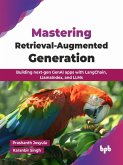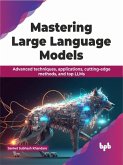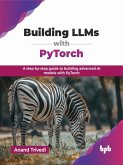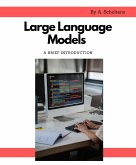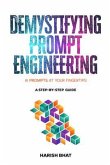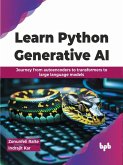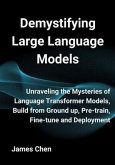In this must-read book, readers will dive into the architecture and implementation of RAG, gaining intricate details on its structure and integration with large language models like GPT. The authors also shed light on the essential infrastructure required for RAG, covering computational resources, data storage, and software frameworks.
One of the key highlights of this work is the in-depth exploration of retrieval systems within RAG. Readers will uncover the functions, mechanisms, and the significant role of vectorization and input comprehension algorithms. The book also delves into validation strategies, including performance evaluation, and compares RAG with traditional fine-tuning techniques in machine learning, providing a comprehensive analysis of their respective advantages and disadvantages.From improved integration and efficiency to enhanced scalability, RAG is set to bridge the gap between static language models and dynamic data, revolutionizing the fields of AI and NLP.
"Retrieval-Augmented Generation (RAG): Empowering Large Language Models (LLMs)" is a must-have resource for researchers, practitioners, and enthusiasts in the field of natural language processing. Get your copy today and embark on a transformative journey into the future of NLP.
Dieser Download kann aus rechtlichen Gründen nur mit Rechnungsadresse in A, B, CY, CZ, D, DK, EW, E, FIN, F, GR, H, IRL, I, LT, L, LR, M, NL, PL, P, R, S, SLO, SK ausgeliefert werden.
Hinweis: Dieser Artikel kann nur an eine deutsche Lieferadresse ausgeliefert werden.



